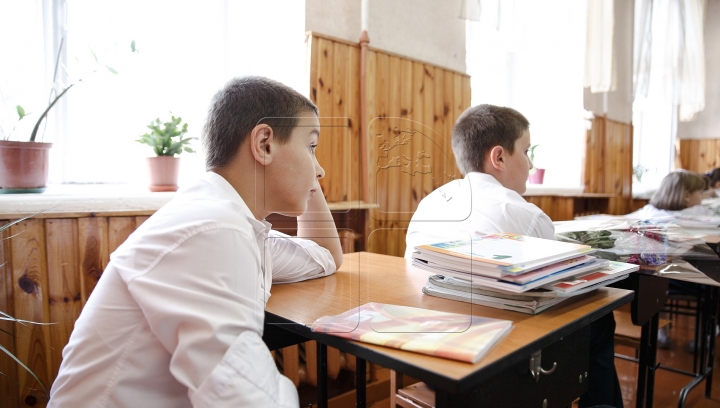Engaged citizens raise quality of education in Moldova

When we entered the room, it was filled with the delicious aroma of freshly-baked plăcintă, a traditional Moldovan pastry. Plus, tea was brewing! Indeed a perfect setting to welcome guests, but also just another regular gathering of the School Board of Mihai Eminescu Lyceum in the town of Hîncești, in central Moldova.
The 13-member School Board comprises teachers, students, parents and representatives of local authorities and private businesses. Everyone has a voice in deciding how to spend the school’s MDL 6.4 million budget (nearly US$340,000) per academic year.
And they make sure that the allocated money is spent in the best interests of the school’s 703 students.
This arrangement is not unique in Moldova. For the past three years, the Ministry of Education has been promoting social accountability instruments across the country’s educational establishments, with the support of the World Bank. As part of these education system reforms, schools have received greater autonomy and are now empowered to engage more with local communities in managing their financial and human resources.
Read more on: World Bank.
- EBRD raises stake in Moldova's third biggest bank
- Applications to be submitted for membership in National Bank's supervising board
- World Bank offers loan to repair 300 km of local roads in Moldova
- World Bank to give Moldova loan to reform tax collection
- World Bank reduces forecast for 2016 world economy
- Andrian Candu: We'll hopefully pass new laws on financial-banking sector in July